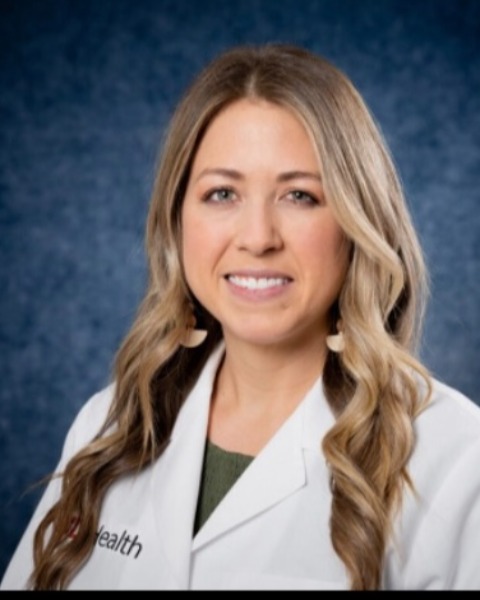Concurrent Sessions
Interprofessional Lifestyle Medicine Track
Fostering Collaboration: Interdisciplinary Training Programs for Lifestyle Medicine
Monday, November 17, 2025
10:45 AM - 11:45 AM CT
Location: Texas 1-3
Earn 1 CME | 1 CNE/CE | 1 CPE | 1 CPEU

Kristen Neises, APRN, FNP-C, DipACLM
Director of Lifestyle Medicine/Faculty
University of Louisville Trager Institute
Louisville, Kentucky, United States
Presenter(s)
Presentation Summary: Chronic diseases, responsible for most of the $4.5 trillion spent annually on healthcare in the United States, are a leading cause of mortality and reduced quality of life. Older adults disproportionately bear the burden of these conditions, yet many healthcare professionals receive inadequate education on how to provide comprehensive, lifestyle-oriented care to this population. The urgent need to address this gap underscores the importance of interprofessional education (IPE) in preparing healthcare teams to meet the unique needs of older adults. This session highlights innovative IPE programs that integrate lifestyle medicine principles into the training of healthcare professionals across disciplines. Through initiatives such as interdisciplinary case conceptualizations, Project ECHO: Care of Older Adults, and interdisciplinary case management experiences, learners from fields including medicine, nursing, social work, and dentistry collaborate on real-world scenarios to apply lifestyle medicine strategies like nutrition, physical activity, stress management, and social connection. These programs foster practical, team-based approaches that emphasize prevention and holistic care.
Participants in this session will gain insights into the design and implementation of these programs, the integration of lifestyle medicine content, and strategies for overcoming challenges in interprofessional education. By sharing examples of collaborative learning modules, successful program outcomes, and lessons learned, this session will inspire attendees to replicate and scale interprofessional efforts in their own settings. The presentation will also address the broader implications of integrating lifestyle medicine into education and practice. By fostering collaboration among physicians, nurses, social workers, community health workers, and other professionals, IPE lifestyle medicine programs advance whole-person care and promote health equity. Attendees will leave equipped with actionable strategies to implement team-based approaches that enhance outcomes for older adults and diverse patient populations. In a healthcare system often dominated by silos, interprofessional education provides a powerful tool to address the lack of training in lifestyle medicine and geriatrics. Whether you are an educator, clinician, or administrator, this session will provide the tools and inspiration needed to champion lifestyle medicine through interdisciplinary collaboration.
Participants in this session will gain insights into the design and implementation of these programs, the integration of lifestyle medicine content, and strategies for overcoming challenges in interprofessional education. By sharing examples of collaborative learning modules, successful program outcomes, and lessons learned, this session will inspire attendees to replicate and scale interprofessional efforts in their own settings. The presentation will also address the broader implications of integrating lifestyle medicine into education and practice. By fostering collaboration among physicians, nurses, social workers, community health workers, and other professionals, IPE lifestyle medicine programs advance whole-person care and promote health equity. Attendees will leave equipped with actionable strategies to implement team-based approaches that enhance outcomes for older adults and diverse patient populations. In a healthcare system often dominated by silos, interprofessional education provides a powerful tool to address the lack of training in lifestyle medicine and geriatrics. Whether you are an educator, clinician, or administrator, this session will provide the tools and inspiration needed to champion lifestyle medicine through interdisciplinary collaboration.
Learning Objectives:
- Describe the role of interprofessional education in advancing lifestyle medicine and whole-person care, with a focus on training programs tailored to the needs of older adults.
- Identify key components and outcomes of innovative programs such as interdisciplinary case conceptualizations, Project ECHO, community health worker curricula, and the Lifestyle Medicine track at the Optimal Aging Conference.
- Develop actionable strategies to replicate and implement interprofessional education initiatives that integrate lifestyle medicine principles into various healthcare settings.
.png)